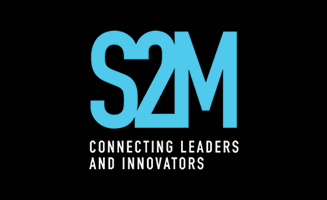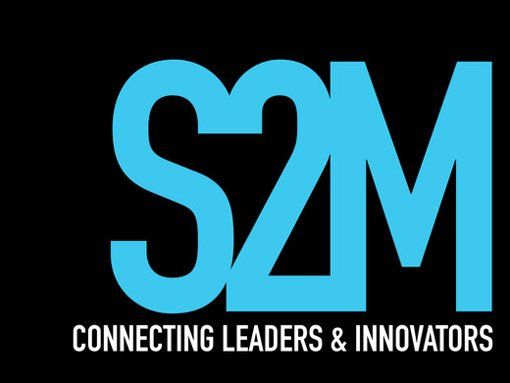The Indispensable Role of Emotional Intelligence in Leadership
The ability to inspire, motivate, and guide teams toward success requires a unique set of skills, and at the heart of these skills lies a trait that distinguishes exceptional leaders from the rest: emotional intelligence. By shedding light on the importance of emotional intelligence, we aim to empower leaders of all levels to hone this indispensable skill set and harness its power to build stronger, more cohesive, and purpose-driven teams.

In the dynamic and ever-evolving landscape of leadership, one trait stands out as the cornerstone of success: emotional intelligence (EI or EQ). Leaders who possess high emotional intelligence have the ability to connect with their teams on a deeper level, foster trust, and inspire collaboration. Lets explore emotional intelligence in leadership:
Self-Awareness: The Foundation of Leadership
At the heart of emotional intelligence lies self-awareness. A leader who possesses self-awareness understands their emotions, strengths, and weaknesses, allowing them to make conscious decisions that positively impact their team. By acknowledging their emotional state, leaders can avoid impulsive reactions and instead respond to challenges with composure and wisdom.
Empathy: The Glue that Binds Teams Together
Empathy, the ability to understand and relate to others' emotions, is a superpower for leaders. Empathetic leaders create a supportive and inclusive environment where team members feel valued and heard. By truly grasping their team's perspectives, emotions, and needs, leaders can make informed decisions that align with the collective interests of the company.
Effective Communication: The Bridge to Success
Communication is at the core of leadership, and emotional intelligence enhances this essential skill. Effective communication skills in emotionally intelligent leaders can be as simple as the ability to articulate ideas clearly and concisely, ensuring that messages resonate with their team. Moreover, these leaders actively listen to their team members, fostering a culture of open dialogue, trust, and collaboration.
Conflict Resolution: Transforming Challenges into Opportunities
Conflicts are inevitable in any team. Emotional intelligence equips leaders with the tools to manage conflicts constructively. By remaining composed and empathetic during tense situations, emotionally intelligent leaders can identify the root causes of conflicts and find solutions that satisfy all parties involved.
Motivation: Igniting the Spark in Others
Great leaders inspire and motivate their teams to achieve extraordinary results. Emotional intelligence allows leaders to understand the individual motivations of their team members, empowering them to align goals with personal aspirations. This alignment cultivates a sense of purpose and commitment within the team, leading to increased productivity and overall success.
Adaptability: Navigating Change with Resilience
In today's rapidly changing business landscape, adaptability is paramount. Emotionally intelligent leaders are flexible and open-minded, adjusting their strategies to fit new challenges and opportunities. Their ability to navigate change with resilience inspires confidence within their teams, fostering a culture that embraces innovation and growth.
Building Trust and Loyalty: The Bedrock of Leadership
Trust is the bedrock of effective leadership, and emotional intelligence is instrumental in building and maintaining it. Leaders who demonstrate empathy, authenticity, and reliability earn the trust and loyalty of their teams. Trust empowers team members to take risks, share ideas, and collaborate freely, leading to a more cohesive and productive work environment.
Emotional intelligence is not a soft skill reserved for a select few; it is the essential trait that distinguishes exceptional leaders from good ones. Self-awareness, empathy, effective communication, conflict resolution, motivation, adaptability, and trust-building are the pillars that emotional intelligence contributes to successful leadership. By prioritising and honing emotional intelligence, leaders can empower their teams, drive organisational success, and create a workplace culture that thrives in an ever-changing world. As we move forward, let us embrace emotional intelligence as the driving force behind exceptional leadership and collectively shape a brighter future for all.





